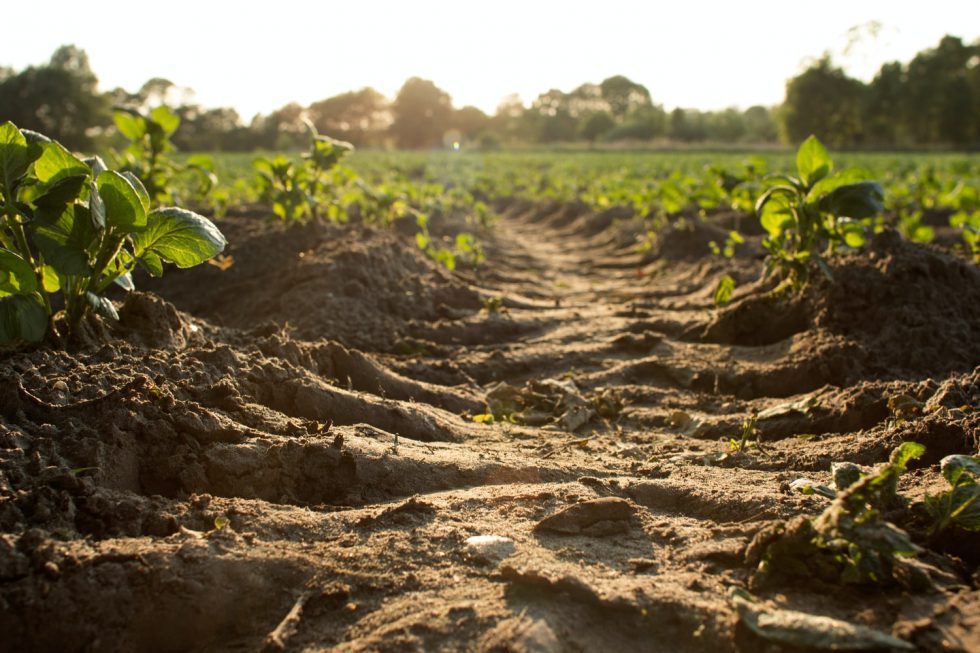The environment is a singular system comprising of plants, animals, people, soil, and water, with the health of each of these aspects being indivisible from the other. So when it comes to sustainable development, soil health becomes an extremely important factor for farmers to keep in mind.
Soil conservation has been practiced for centuries by farmers across the world. With the modernisation of agriculture, new practices are being developed through scientific means. Modern tools and systems are able to ensure that farming processes improve soil health.
Here are a few soil conservation techniques that are keys to sustainable development.
Carbon farming
This is a process through which the carbon-based elements in the soil are segregated into organic and inorganic components. As a result of this, the carbon that is available in the soil can be used as a farm commodity. It can be sold in the market just like any other yield from the farm. Carbon farming is considered to be a rewarding and eco-friendly practice.
In any developing country, carbon farming is an important process towards increasing production capacity. It also helps develop the nutritional levels in the yield, especially of zinc, iron and other proteins.
Shallow tillage
The tillage process is important to any farmer, no matter whether they’re growing corn or soybean. With the help of modern machinery, tillage can be performed in an eco-friendly manner that keeps the nutrients of the soil intact as well as incorporating stubble residue. This further improves the soil quality by returning organic matter to the seedbed, leading towards a sustainable farming process.
Shallow tillage also helps in the betterment of yield quality, which is inevitably tied to soil health. Traditional tillage is widely considered to be a harmful process that leads to erosion, and shifting to shallow tillage with the help of mulching machines can help develop the conservational aspect of your farming process.
Eco-intensification
With the current rate of population growth, it is important to increase food production capacity as well. This does not necessarily mean growth of farmland area, rather the conservation-based process is to produce more from less. This can be done through the betterment of the packaging, processing, and transporting systems associated with farming. Almost 30% of the global crop production is wasted, and a reduction of this will lead to sustainable development without putting added pressure on the soil.
Every farmer needs to ensure that they are not only overseeing their farming process, but all the aspects related to it. They must ensure that their yield reaches the people and is not wasted: this is the key to conservation.
Why is conservation farming necessary?
While in the last half-decade the global population almost doubled, cereal production almost tripled, and so did per-capita farming. This has led to a huge amount of pressure on the soil, forcing it to produce beyond its capacity.
While this has been possible due to various scientific means, it also means that the quality of soil is constantly degrading. Horizontal expansion of farmland, along with overt usage of chemicals, has ensured that people do not go unfed. Sadly, this can not go on any longer, as the damage is done to the ecosystem is irreparable.
At the same time, production capacity can not be allowed to drop beyond a certain level. At this point, the only way forward is through conservation farming. Sustainable development of farming capacity can ensure that the soil health is maintained which in turn will enhance productivity while maintaining nutrient levels.
We must remember that the soil is the only resource that can allow for the growth of food production, and without it, the world will starve. Hence maintaining soil health should be above all other concerns. This form of sustainable development will ensure that the production capacity can be incremented even further while allowing farming communities to thrive globally.
All farmers in Australia must integrate processes that allow for sustainable development within their farming systems. This will not only help the environment but also ensure yield benefits in the long run.


